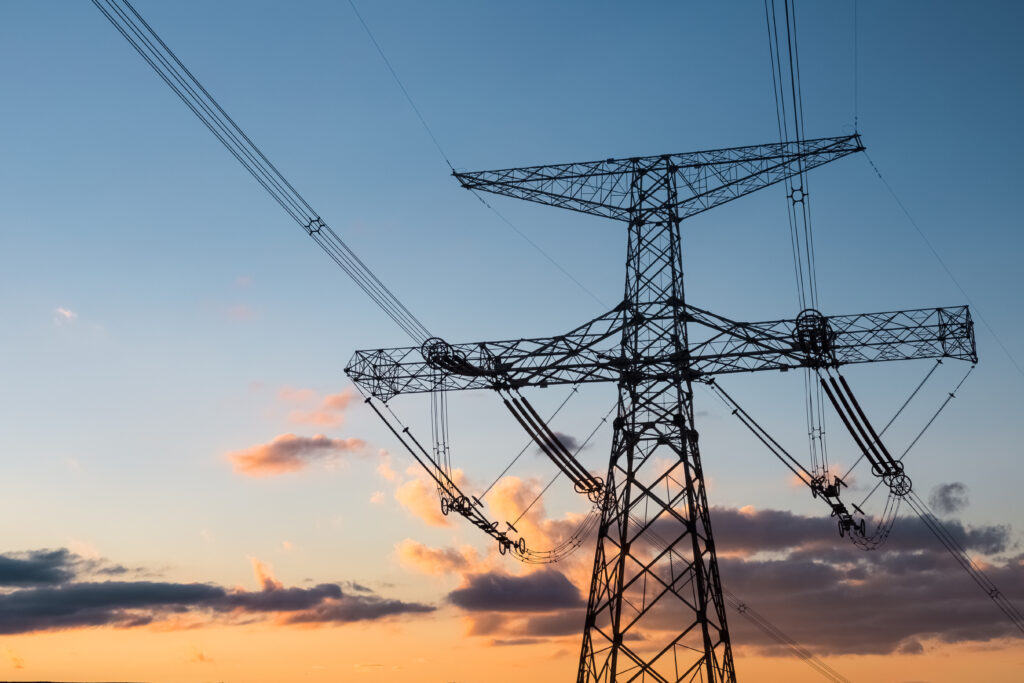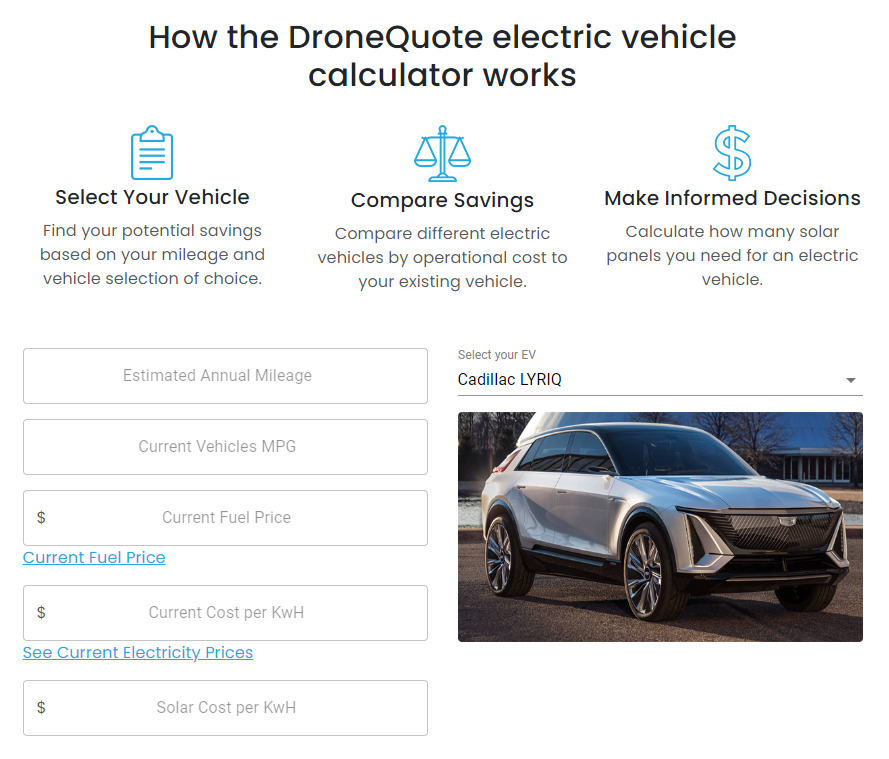There is a growing trend in using electric vehicles or EVs in the United States. Recent data shows that about 2.3 million electric cars are in the US as of December 2021. We expect this number to grow, especially with the new solar tax credit.
In the not-too-distant future, there will be another big reason why people will consider an EV in a feature known as vehicle-to-everything or V2X for short.
Let’s start by acquainting you with the different things EVs may power in the future and the variable V2X – the term referring to how your EV can be used to power something. The X in the V2X changes depending on what your EV can power.
Vehicle-to-vehicle charging technology allows one user with an electric vehicle to charge a second electric vehicle in need of a charge. You’ll also need compatible cables between the two vehicles to make this happen. This V2V technology is not as useful as one would like it to be. Its utility pales compared to other V2X options.

Vehicle-to-load technology is where things get interesting with this concept, and it is a lot more practical. Electric vehicles with V2L technology would allow you to plug different electrical demands into 120v or 220v outlets. This capacity would enable you to keep your fridge going, keep lights on, or even run power tools. In case you’re wondering, the power out of the vehicle would come in the AC form, or in other words, the same type of power you get out of your household outlets. This is accomplished via an onboard inverter that converts direct current power in the battery into alternating current power we’re accustomed to using.
If you lose power in times of a storm or other emergencies, your EV battery can be the source to power your home. With vehicle-to-home technology or V2H, your EV batteries will serve as a backup generator parked in your garage. For V2H to work, an electric car needs bi-directional charging and an intelligent charger.
If you have the right combination of components, your EV’s battery can offer your home a bountiful amount of power. If your EV is fully charged and the power goes out, you could power your home for two to three days.
Finally, there’s vehicle-to-grid technology or V2G. This charging technology allows electric car batteries to give back to the power grid. The grid will use your battery for storage, paying you when needed.
You need the right components to facilitate this feature. You could subsidize the purchase of your EV by helping relieve the grid’s strain during peak demand hours.
These EV possibilities might encourage more people to purchase them and may give another purpose to idle EV batteries.
One of the things you can enjoy about an EV is the significantly lower cost of operation compared to an Internal combustion engine, even with additional electricity usage. If you are considering an electric vehicle, use the DroneQuote electric vehicle calculator. With it, you can compare the costs of driving your vehicle to that of an EV, plus it will tell you how many solar panels you’d need to get around.

But what does this all mean for homeowners thinking about buying a battery for home storage, especially if an EV you might consider can offer you V2G capacity? As mentioned earlier, an EV battery is many times greater in capacity than a home battery.
Take a Tesla Powerwall which would set you back between 12-15 thousand dollars, depending on some variables, and offers you 13kWh of storage. Now compare that to an electric vehicle like the Ford F150 Lightning, which clocks in between 93 to 130kWh, plus it has wheels to take you through the Carls Jr. drive-through. Try that with a power wall, unlike the Lightning EV, which would not even be able to power your entire house.
Yes, the Lightning would set you back about 50 grand, but factoring in the cost of a power wall as a down payment and potential savings in gasoline makes for a dual-purpose investment that a home battery cannot offer.
While a home storage system can charge from solar panels quickly, we are on the precipice of EVs being adopted to power your home in the event of a power outage. With the hefty battery packs they carry, you’d have a far greater ability to power your home than an installed battery. It just so happens that we believe your money lives happily ever after in your pocket rather than in someone else’s.
That’s not to say that some people would not benefit more from a home battery than an EV capable of delivering a similar capacity.
What do you think? Would you buy a home battery if your car could do something similar? Send us your comments and thoughts.
